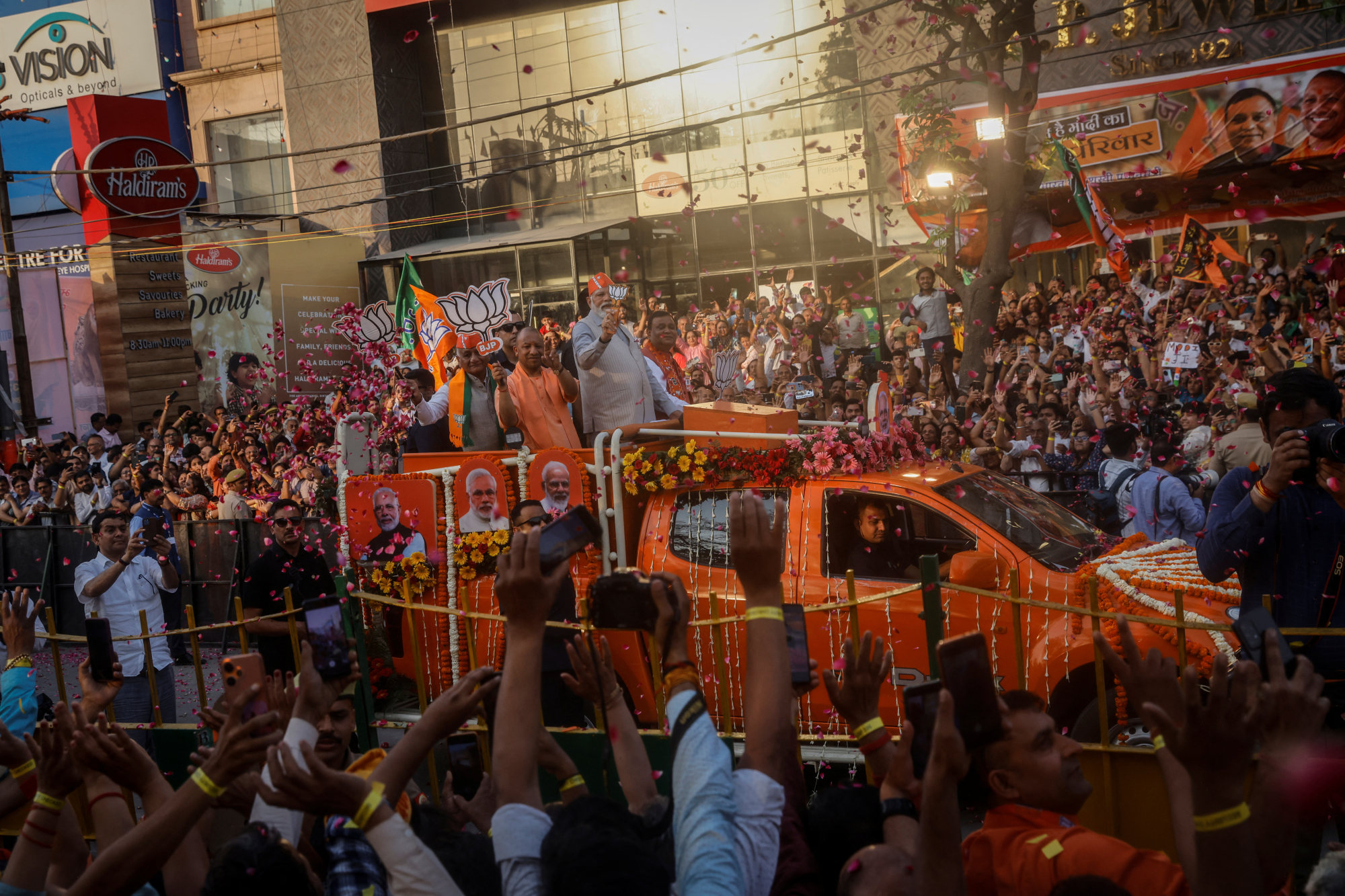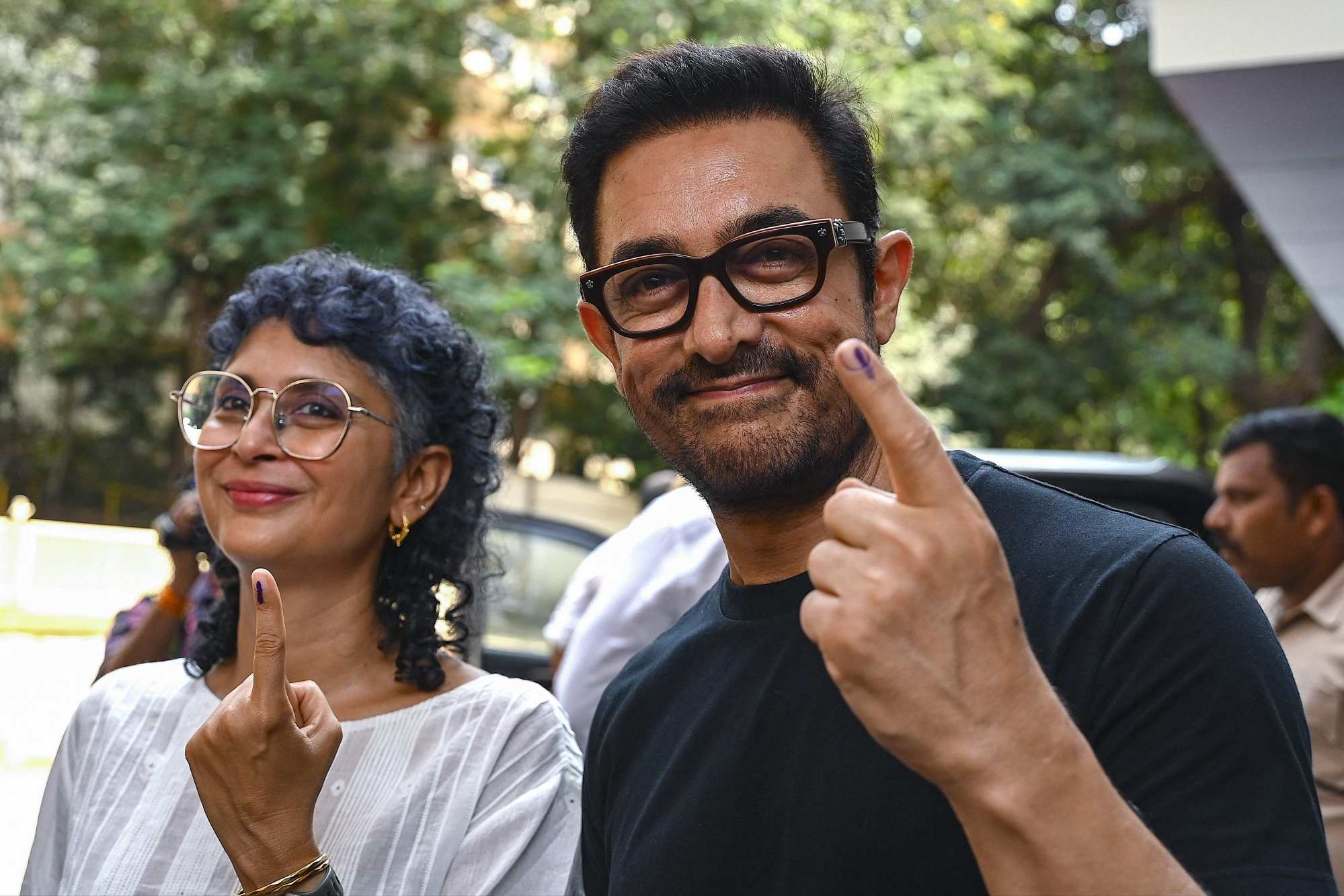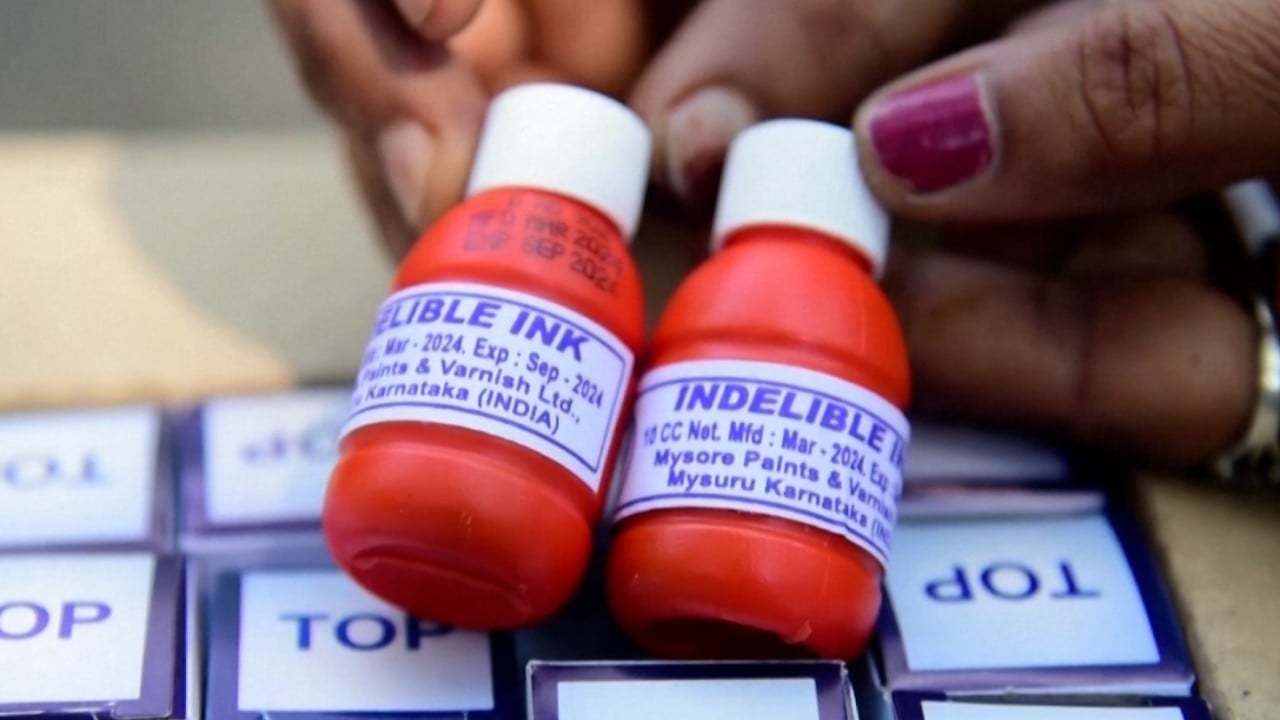“New people from the film industry have not come into elections this time as much as they normally do because politics has become very corrosive,” said Nilanjan Mukhopadhyay, an independent political commentator, told This Week in Asia.
“They feel that siding on either side of this corrosive divide would be harmful to their professional interests.”

The incident was not the first time that Ranaut was embroiled in a controversy.
Ranaut, who had starred in hit films such as Queen and Tanu Weds Manu, provoked allegations of insensitivity from the opposition in 2021 when she said that India’s hard-won freedom from Britain in 1947 “was bheek (a handout) and real freedom was attained in 2014”, referring to when Prime Minister Narendra Modi and his BJP came to power.
Two years ago, actor Aamir Khan faced boycott calls for his film Laal Singh Chaddha –a Hindi remake of the 1994 Hollywood film Forrest Gump – after a 2015 interview surfaced on social media where he talked about “growing intolerance” in India.
Analysts say the incidents show a trend of Bollywood stars mixing entertainment and politics without careful consideration.
“There are quite a few people who speak in those tones. It seems to find traction in the voting community,” said Ram Karan, a freelance editor based in Hyderabad who has closely tracked the Indian film industry.
Two decades ago, the Indian film industry was a role model for harmony where people from different communities and religions freely intermingled but this was slowly changing, Karan said.

Several film stars have started distancing themselves from political campaigning to protect their careers and do not want to be seen taking sides amid sharp divisions between the rival parties, analysts say.
Given the divisive political environment, campaigning by film stars has decreased, with veteran actors Hema Malini and Raj Babbar being the exception – Malini is seeking her third term as a Member of Parliament for the BJP while Babbar is vying for a seat as a candidate of the Congress party.
The advent of artificial intelligence and its increasing misuse have also made Bollywood actors wary of politics.
Two viral videos circulated last month purportedly showed Bollywood stars Ranveer Singh and Aamir Khan campaigning for the opposition Congress party, prompting them to file complaints and explain that the videos were deepfakes made without their consent.
“The film industry is being buffeted by the challenges [of digital streaming platforms] and the political challenge,” Karan said, adding that the less active involvement of Bollywood stars in the election showed that their allure in the political arena was waning.
“The number of first-time voter registrations has been low compared with the past. Normally there is an increase in voting after as challenging a period as Covid but we have seen the opposite because there is generally apathy in society,” said Mukhopadhyay, who cited the exploitation of religion for political gains as a key reason.
The changing distribution dynamics of the film industry also explained why Bollywood stars were less inclined to be involved in political campaigning with more creative works distributed via streaming platforms instead of cinemas, according to Karan.
As such, these stars had to plan their public appearances carefully and “avoid stepping on each other’s toes”, Karan said.
“Actors are not interested in making public appearances when their movies are not being released. You don’t want overexposure.”
In stark contrast, India’s film industry and politics were once seen as a perfect match, especially in southern India. Among the notable film stars turned big-name politicians were M.G. Ramachandran, former chief minister of Tamil Nadu state and the founder of the All India Anna Dravida Munnetra Kazhagam Party, and N.T. Rama Rao, a filmmaker who later served as Andhra Pradesh state’s chief minister for three terms.
Like Ranaut, one of India’s biggest film stars, Pawan Kalyan, has also thrown his hat in the current election and is vying for a seat in Andhra Pradesh.
But Karan noted that their participation was not “creating the buzz” of past elections involving film stars. “The media is less interested in them.”


